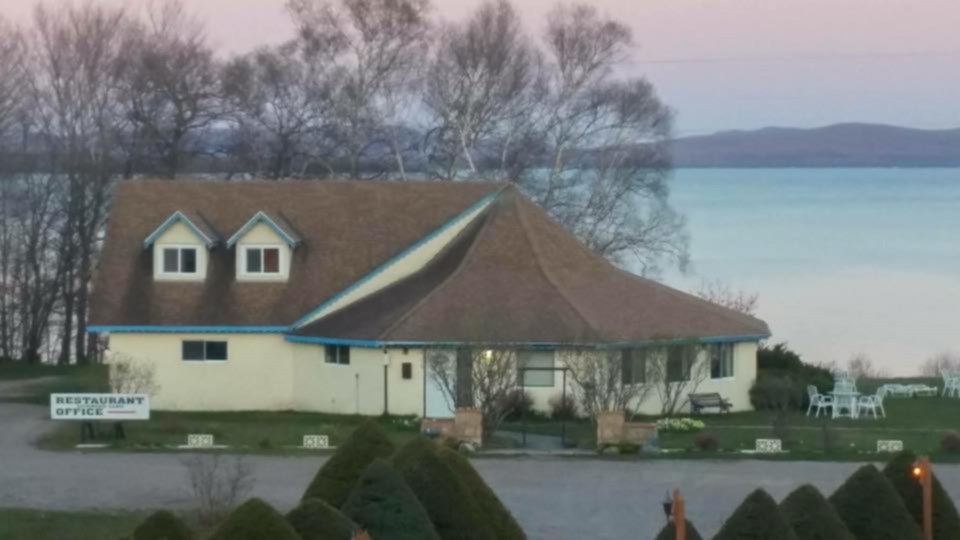The former Salzburger Hof resort on the shores of Lake Superior was to be transformed into a First Nations-inspired addiction treatment centre last summer.
COVID put things behind schedule, but the vision is still on the way to becoming reality, says the chief of Batchewana First Nation, which purchased the site.
The need for this type of facility is as great as ever.
“I am aware of a lot of people who have passed on because of overdoses in the last couple of years and that’s what really prompted us to purchase the resort in the first place,” said Chief Dean Sayers.
“The hope of the First Nations leadership is to be able to open it up later this year, even if it’s only 10 attendees while we work on the overall restoration that needs to be accomplished.”
The goal is to have a facility that can accommodate 20 clients. The treatment approach will have its roots in native culture and spirituality.
Sayers said it’s important to plug into the healing knowledge of elders and apply these teachings to today’s world.
“There’s real value in being able to transfer that knowledge into a program that can be relevant based on some of the newer types of drugs and addictions that are here today,” said Sayers.
Plans are in the works to establish a 90-day program at the facility, but Sayers emphasizes this is not etched in stone. The time could be extended depending on the needs of the client.
The healing process to be offered differs from the traditional self-help 12-step models used in fighting addiction. Instead, it will be based on what Sayers calls the teachings of the lake.
“We live in a very spiritual world,” said Sayers. “And when we came here as a people to this world many spirits accompanied us. All of creation was there for us. There are a lot of helpers here for us.”
Looking to the land and water for healing takes place in other locations.
A 2020 CBC story looked at Moose Cree First Nation's new land-based withdrawal management facility just south of Moose Factory. It also highlighted a program at Constance Lake First Nation which has treated approximately 300 people since opening in 2015.
"They come in, they look pale, they're grey-looking. It's almost as if they have no spirit in them. By graduation, their faces are glowing," program manager Diane Wesley told the CBC. "They rediscover themselves."
The former Salzburger resort gives Batchewana First Nations a good starting point in constructing the facility. However, there’s still some work that has to be done to bring it up to fire and accessibility codes as well as adjusting floor plans and re-configuring the site so it can accommodate the programs which need an intimate connection to the land and water.
Staffing is something else that will have to be considered. This includes counsellors, elders, custodians, dieticians and facilitators. It will be a 24-hour-a-day operation.
Sayers adds that it’s critical to develop a good after-care program for participants who have graduated from the program.
The new facility will alleviate current pressures on addiction treatment services. Sayers sees it as a project with universal benefits.
“There is a pronounced need within the First Nations Community,” said Sayers. “There is a unique perspective that we will be promoting that’s in line with the indigenous world view. That whole model is and always has been open and needs to be shared with everybody.”
Sayers said he looks forward to working with the federal and provincial governments to obtain funding.
